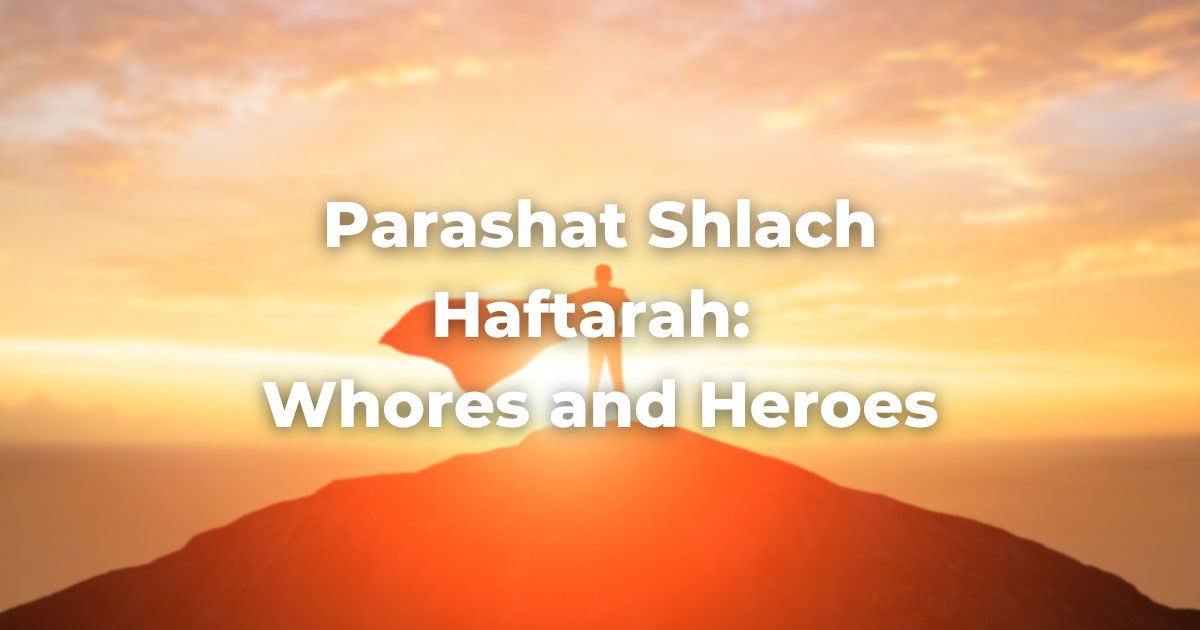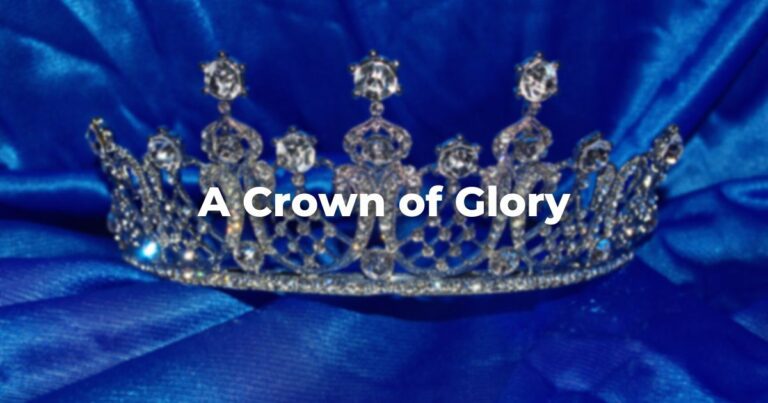This week’s parasha starts out gloriously—we are to scout out the land in order to enter it.
Scouting the Land
This land is that very land which has been promised to us for hundreds of years, and now we, a group of former slaves, are about to be the generation to enter it.
The ending of the parasha is dismal. Not only will we not merit to enter the land, we are told, repeatedly and graphically, that we will die before entering the land, that our carcasses will fall in the wilderness.
Scouting the Land Again and “Whoring After Other Gods”
It is only natural that before our second attempt to enter the land, we are thoroughly warned about what constitutes proper and improper behavior so that we do not lose out again on living in the land. The main thing we must not do, above all others, is worship other gods when we enter the land. The language used to describe this action is to whore, whoring after other gods. We are warned in Exodus 34 not to make a covenant with the peoples of the land lest that led to us whoring after their gods.
Likewise, God warns Moses shortly before he dies that when Israel enters the land, they will whore after foreign gods and break the covenant.
Entering the land is scary.
We have longed for it all of our lives but we also know that to be in a relationship with the land is a tremendous responsibility. We have been warned. Yet in our haftarah, just as we are poised to enter the land again, Joshua sends out scouts again to “go and see the land.” And yet their very first action is “go and enter the house of a woman, a whore.”
Despite the warnings, despite the memory of the last stories of the spies, we can’t get two steps into Israel before stumbling into the house of a whore. It makes something of a mockery of the warnings.
Rahab
The text portrays Rahab, the whore, incredibly positively.
She is the only named character besides Joshua in the story. She functions as the driver of the action, the hero who recognizes God’s power and takes action against the Canaanite enemy. Rahab is rewarded in the end with a place in the new world order. Rashi follows the Targum and tries to soften the irony—he understands her as an innkeeper rather than as a whore.
Malbim goes in a different direction.
He reads the spies’ move as clever and strategic. The spies, in his eyes, go to Rahab because, as a whore, she will have all the relevant gossip. She will know state secrets and perhaps be willing to divulge them.
This understanding of what it means to be a whore is in accordance with the way the rest of the TanakhAn acronym for the name of the Hebrew Bible: Torah, Neviim, and Ketuvim. Read more describes whoring. Rahab is functioning as a traitor to her people, but the god she whores after is our God.
The idea of whoring after foreign gods develops throughout the historical and prophetic texts as we see it happen in real time.
We do enter the land and we do go astray after foreign gods and foreign nations. We do it to such a degree that the prophetic texts start to describe us as a whore rather than just someone who has the propensity to whore. It becomes our defining attribute.
But the story of Rahab helps us understand ourselves in a different light.
We read her story with respect and with sympathy. We will inevitably go astray and we will inevitably suffer. We will see others from our own nation suffer for our actions. But there is a way to remember ourselves as heroes even as we go astray.
See more: Parashat Shlach
Originally posted as part of the Conservative Yeshiva at the Fuchsberg Jerusalem Center’s Torah Sparks. Support TorahRefers to the first five books of the Hebrew Bible, the Tanakh, also called the Five Books of Moses, Pentateuch or the Hebrew equivalent, Humash. This is also called the Written Torah. The term may also refer to teachings that expound on Jewish tradition. Read more learning from the Fuchsberg Jerusalem Center/Conservative Yeshiva for leaders and seekers around the world here.
Authors
-

Bex Stern Rosenblatt is the Conservative Yeshiva’s Faculty-in-Residence for the Mid-Atlantic Region of the United States, teaching Tanach, using the techniques of close-reading, theater, feminist readings, and traditional commentators. Bex also directs the CY’s recruitment efforts in North America. After finishing her B.A. in History and German at Williams College, Bex received a Fulbright Grant to Austria. She later earned an M.A. in Tanakh from Bar Ilan University and has also studied at the Conservative Yeshiva and Bina Jerusalem. Bex is the founder of HavrutaA study partner. A hevruta is more than just a ‘study buddy’ it is a serious and personal relationship between colleagues. Also spelled: Havruta Read more Tel Aviv, an organization that facilitates guided pair-learning of the Tanakh.
View all posts -



The Fuchsberg Jerusalem Center (FJC) is a home in the heart of Jerusalem where leaders and seekers can find an authentic place in Jewish tradition to call their own. FJC offers opportunities to study, pray and explore within an egalitarian and inclusive setting, creating multiple pathways for finding personal and communal meaning.
View all posts






